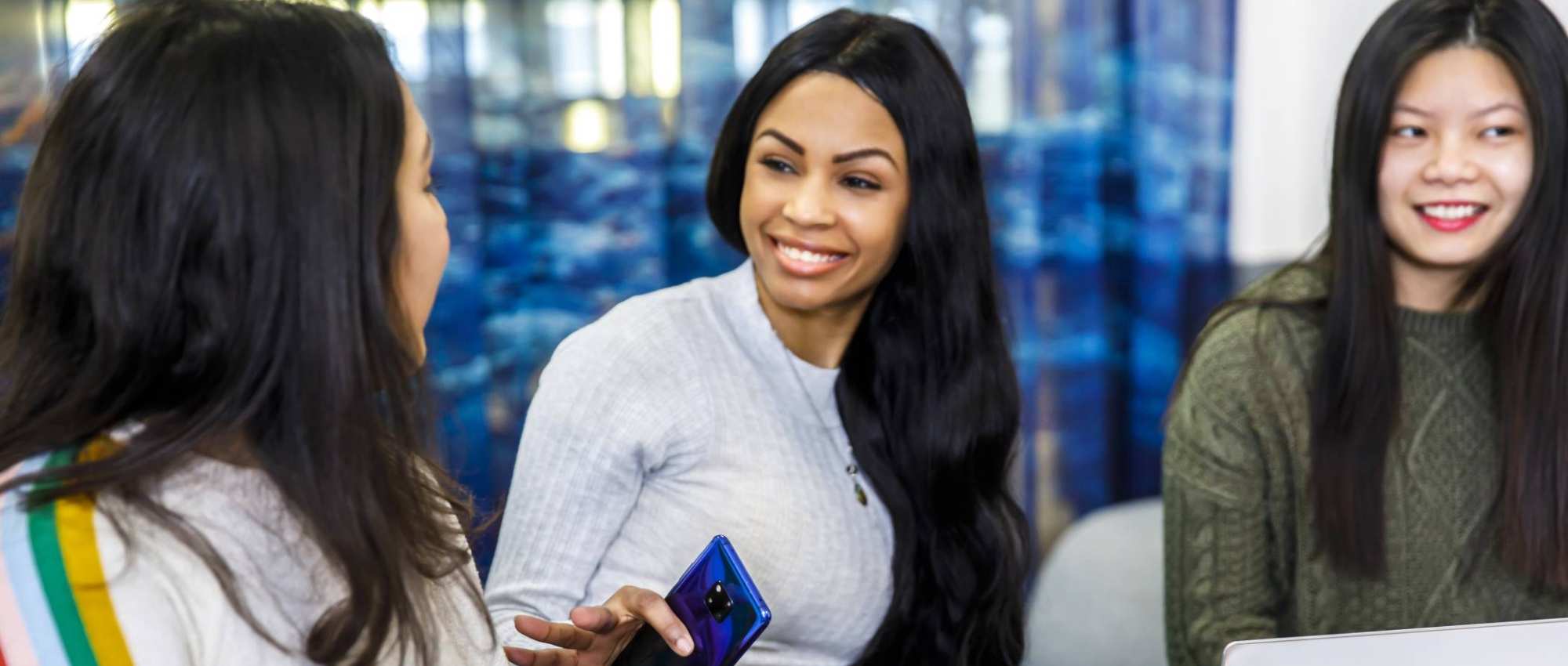In Search of Meaning
Learn to guide others on their journey to the “why”. Analyze alternative concepts. Think philosophy, psychology, sociology and anthropology. Gain a whole new perspective. On your professional life. And that of others.

The program in a nutshell
Your classes and workshops take place from Monday to Friday. Joint lessons with part-time students take place on Tuesday. Most classes are scheduled in advance. While some are arranged after checking the students’ schedules.
The first half of the program you develop your own worldview. Guide others in meaningful discussions. And on the ritualization of a life question with a client. The second half kicks it up a notch. You explore, analyze and define a life question. Compare worldview theory in an international perspective. And co-develop an existential perspective within the profession.

Program details
Learning outcomes
By the end of the exchange program In Search of Meaning you can:
- Apply concepts related to existential meaning to real-life questions
- Use professional perspective and skills to deal with life questions
- Use communication skills to support others
- Use social design skills to co-create meaningful moments
- Discover and explore your worldview and that of others
- Use professional products
- Describe international comparative perspectives on life questions

Competences
You strengthen these competence areas during the program:
- Identify life questions/sources of meaning
- Contribute to personal development in the field
- Gain insight into your worldview
- Recognize personal and professional boundaries

Dutch way of learning
The atmosphere in a Dutch classroom is quite informal and your lecturers are easy to talk to. In fact, at HAN you’re seen as a partner in the learning process. Class sizes are small and your lecturers encourage you to actively participate in class. To ask questions and give your own opinion. They also stimulate you to be creative and to discover things for yourself.

HAN International Intro
Get a good start to your studies during this week of orientation:
- learn about living in the Netherlands
- become familiar with the campus
- get on board with your exchange program
- make new friends!

What about credits and grading?
At HAN we use the European Credit Transfer and Accumulation System, or ECTS. It’s the standard credit system used in higher education across Europe. How does it work? One credit = 28 hours of study. Think of contact hours. Time spent working on assignments. Preparing for exams.
One semester = 30 credits = 840 hours of study. To earn credits, you need to pass your exams. What counts as a pass? A grade of at least 5.5.

Admission
What are the admission requirements? And how do I apply?
